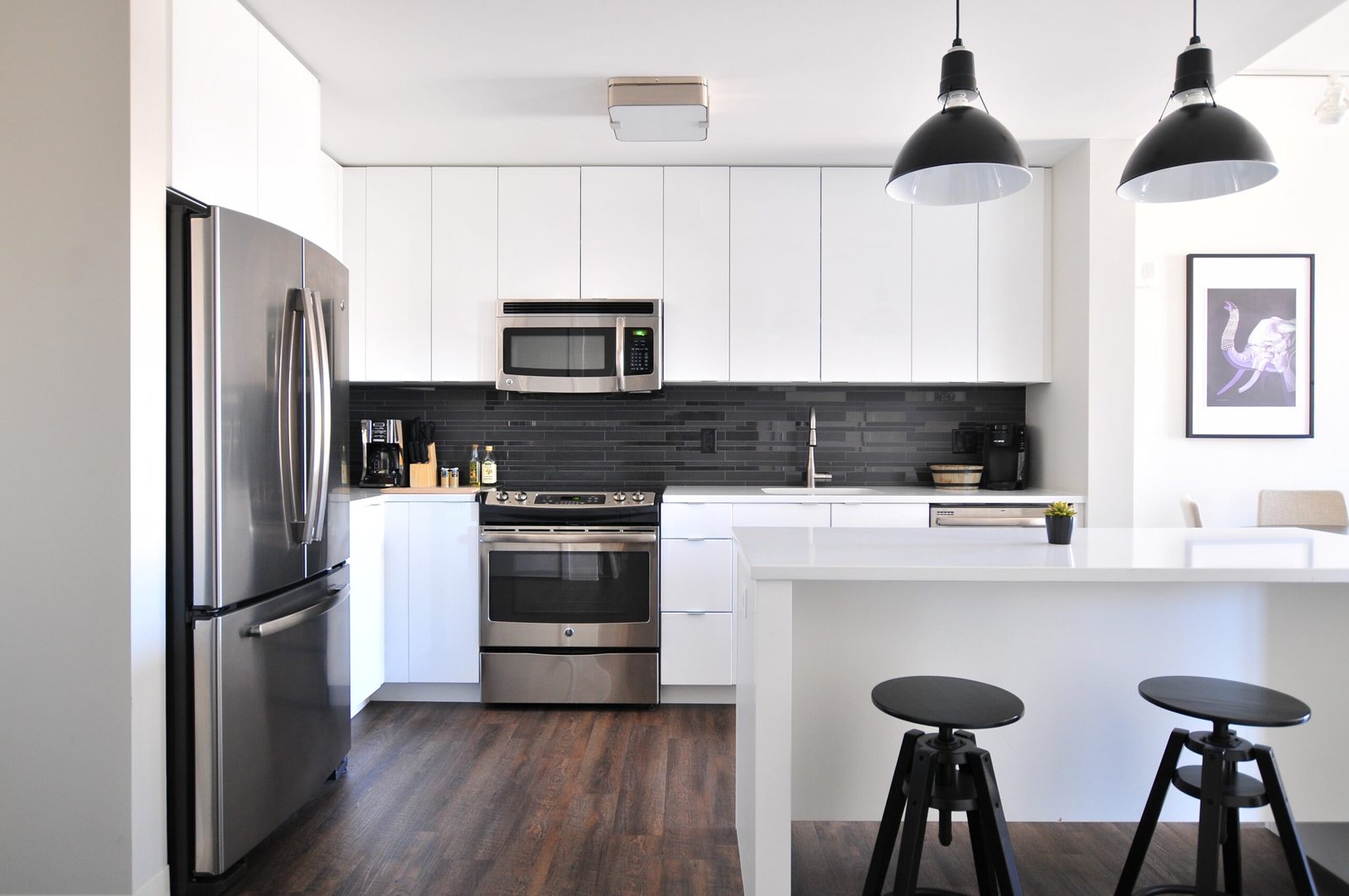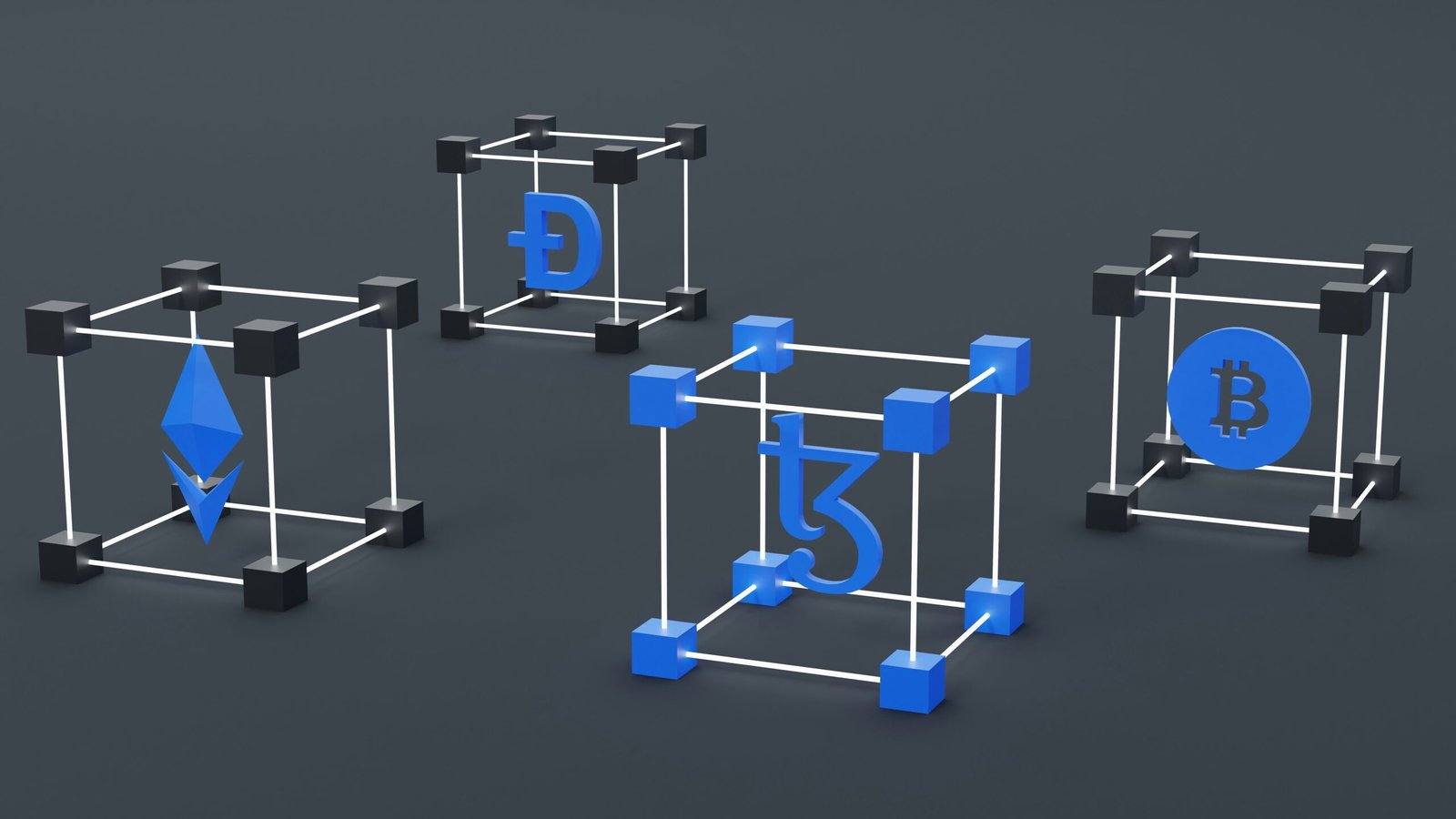Have you ever considered turning your home into an income-generating asset? With the rising cost of housing and the desire for financial freedom, more and more people are exploring the concept of house hacking. House hacking is a strategy that allows homeowners to generate income by renting out a portion of their home or utilizing their property in creative ways.
What is House Hacking?
House hacking is a term coined to describe the practice of using your primary residence to generate income. It involves either renting out a portion of your home to tenants or finding alternative ways to generate income from your property. The goal is to offset or even eliminate your housing expenses, allowing you to save more money or invest in other ventures.
Types of House Hacking
There are several ways to implement house hacking, depending on your property and personal preferences:
- Rent out a room: If you have extra space in your home, you can rent out a room to a tenant. This can be a long-term arrangement or a short-term rental through platforms like Airbnb.
- Convert a basement or garage: If you have an underutilized basement or garage, you can convert it into a separate living space and rent it out.
- Build an ADU: An Accessory Dwelling Unit (ADU) is a separate living space built on the same property as your primary residence. It can be a detached unit, a converted garage, or a basement apartment. Renting out the ADU can provide a significant source of income.
- Rent out storage space: If you have extra storage space, you can rent it out to individuals or businesses in need of storage.
- Host events or workshops: If you have a spacious backyard or a large living area, you can host events or workshops and charge a fee for attendance.
The Benefits of House Hacking
House hacking offers several benefits beyond just generating income:
- Reduced housing expenses: By renting out a portion of your home, you can significantly reduce or eliminate your housing expenses, including mortgage payments, property taxes, and utilities.
- Increased cash flow: The income generated from house hacking can provide you with extra cash each month, which can be used for savings, investments, or paying off debt.
- Building equity: As you pay down your mortgage with the rental income, you are building equity in your property. This can be a valuable asset for future financial endeavors.
- Flexibility: House hacking gives you the flexibility to choose the type of arrangement that suits your lifestyle and financial goals. You can adjust your strategy as needed, whether it’s renting out a room, converting a space, or hosting events.
- Community building: House hacking can create opportunities to connect with your tenants or neighbors, fostering a sense of community and potentially even lifelong friendships.
Considerations and Challenges
While house hacking can be a lucrative strategy, it’s important to consider the following:
- Legal and zoning requirements: Ensure that you are aware of any legal or zoning restrictions in your area before implementing a house hacking strategy. Some areas may have specific regulations regarding renting out rooms or building ADUs.
- Tenant management: Being a landlord comes with responsibilities, such as finding tenants, collecting rent, and addressing maintenance issues. It’s essential to be prepared for the additional tasks that come with being a landlord.
- Privacy: Renting out a portion of your home means sharing your space with others. Consider how comfortable you are with having tenants in close proximity and sharing common areas.
- Market demand: Assess the demand for rental properties in your area to ensure that there is a viable market for your house hacking strategy.
Conclusion
House hacking is an innovative way to transform your home into an income-generating asset. By renting out a portion of your home or utilizing your property creatively, you can offset your housing expenses and potentially generate extra income. However, it’s important to consider the legal requirements, tenant management, and market demand before embarking on a house hacking journey. With careful planning and execution, house hacking can be a rewarding strategy that brings both financial benefits and a sense of community.





